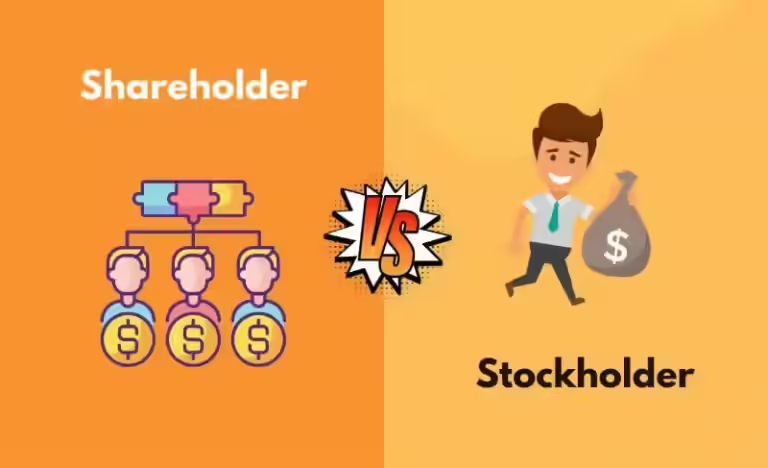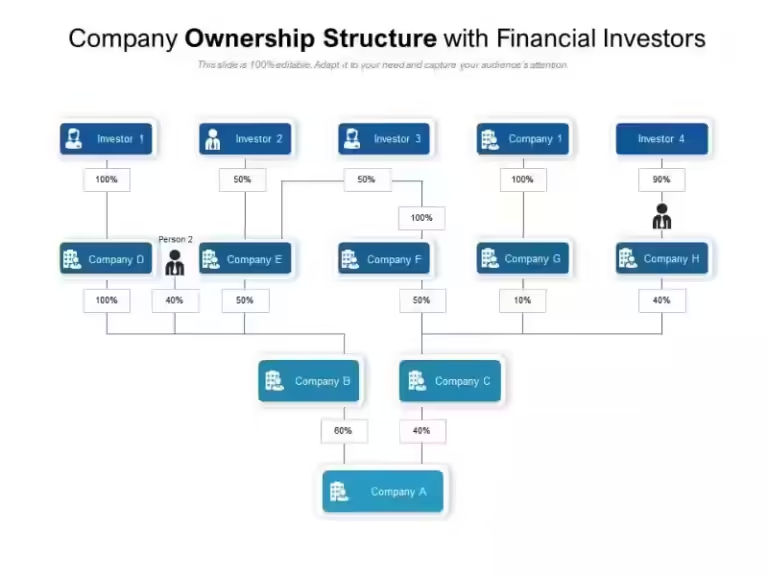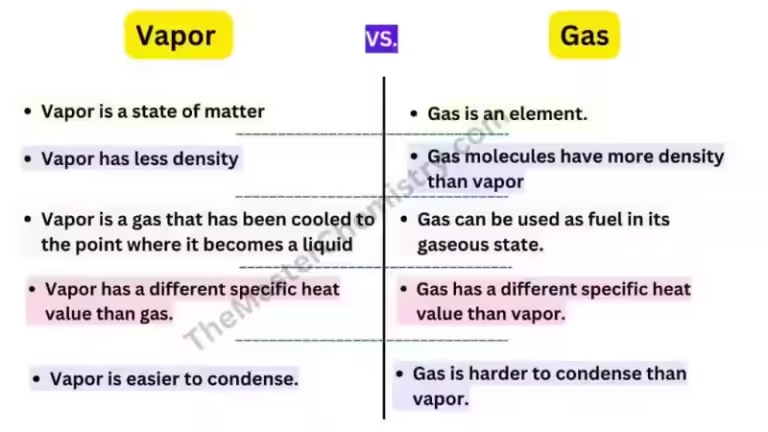Unveiling the Nuances: Shareholders vs. Stockholders

The world of finance can be a labyrinth of intricate terminology, leaving even seasoned investors scratching their heads. Two terms often causing confusion are "shareholder" and "stockholder." While they're often used interchangeably, a subtle but significant distinction separates them. This article delves into the differences between these two terms and what they mean for those who invest in public companies.
The Technical Distinction
At its core, "stockholder" is a broader term that encompasses anyone who possesses "stock" in a company. This "stock" can refer to both ownership shares and inventory, such as raw materials or finished goods. On the other hand, "shareholder" specifically designates an individual who owns "shares" representing equity ownership in a company. These shares represent a portion of the company's total capital and grant the holder certain rights and responsibilities.
Think of it this way: Imagine a bakery. A "stockholder" could be someone who owns a bag of flour, a crucial ingredient for the bakery's operation. However, a "shareholder" is someone who owns a piece of the bakery itself, entitled to a share of its profits and voting rights.
Rights and Responsibilities: The Common Ground
Despite the technical difference, stockholders and shareholders share a common set of rights and responsibilities. Both have the power to:
- Vote for directors: Participate in selecting the board of directors responsible for overseeing the company's management.
- Receive dividends: Share in the company's profits through dividend payouts, a portion of the company's earnings distributed to shareholders.
- Claim residual assets: Receive a portion of the company's remaining assets upon its liquidation or bankruptcy.
- Sell their shares: Transfer ownership of their shares to other individuals or entities. However, navigating the process of selling shares, particularly for those issued by private companies, can be a complex and costly endeavor.
Navigating the Challenges of Liquidity
One of the most significant challenges faced by both stockholders and shareholders is achieving liquidity, or the ability to easily convert their ownership into cash. This challenge is particularly acute for shares issued by private companies, where the process of selling shares can be fraught with obstacles. Typically, selling shares requires registering them with the Securities and Exchange Commission (SEC), a costly and time-consuming process.
Another potential avenue for selling shares lies in acquisition by a larger company. This avenue involves finding a buyer willing to offer cash or stock in exchange for the shares. The success of this option depends heavily on market conditions and the attractiveness of the company to potential buyers.
In Conclusion: A Shared Journey
While "stockholder" and "shareholder" might seem like interchangeable terms, a subtle distinction exists between them. However, the rights and responsibilities associated with both terms are essentially identical. Both stockholders and shareholders play a vital role in the life of a company, sharing in its successes and contributing to its growth. Understanding the nuances of these terms is crucial for investors seeking to navigate the world of corporate ownership and make informed decisions about their investments.
Frequently Asked Questions
What is the difference between a shareholder and a stockholder?
The terms "stockholder" and "shareholder" are often used interchangeably, and they both refer to individuals who own a portion of a company. However, "shareholder" is considered more technically accurate because it specifically denotes the holder of "shares," which represent equity ownership in a business. "Stockholder" can simply refer to someone who possesses "stock," which could include inventory.
Do stockholders and shareholders have the same rights?
Yes, stockholders and shareholders have identical rights and responsibilities. They both have the right to vote for directors, receive dividends, claim residual assets, and sell their shares.








